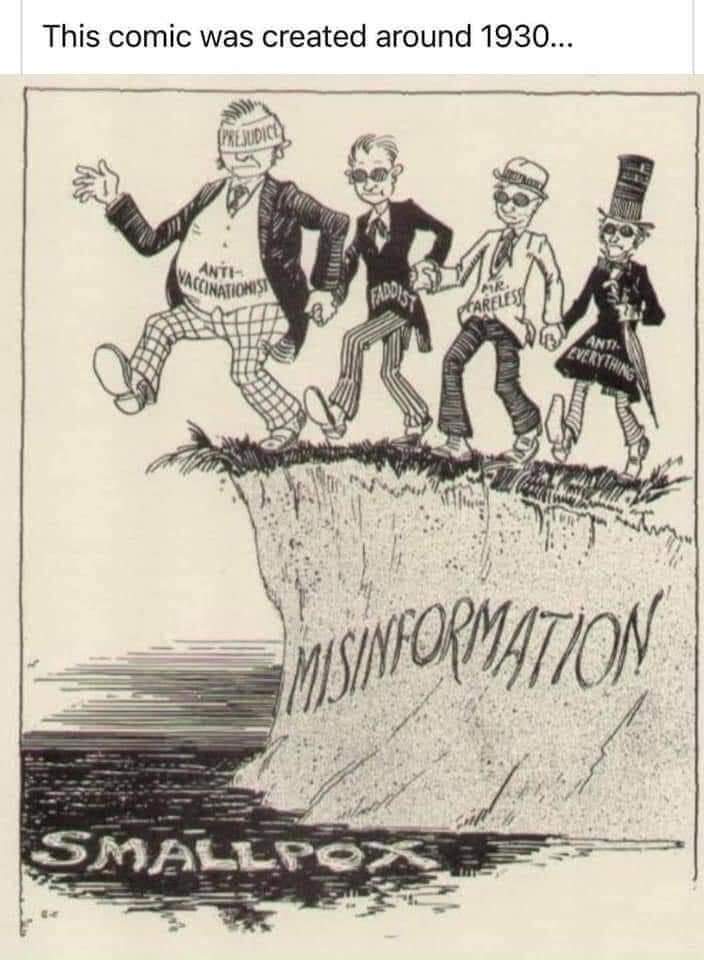evildice
(emotionally stable clown posse)
- Joined
- Jan 10, 2015
- Messages
- 24,130
- Likes received
- 393,941
Clearly what we need to do is some warcrimes on twins.... which is a request for data on symptom severity in the same individual depending on whether they got the vaccine or not.











